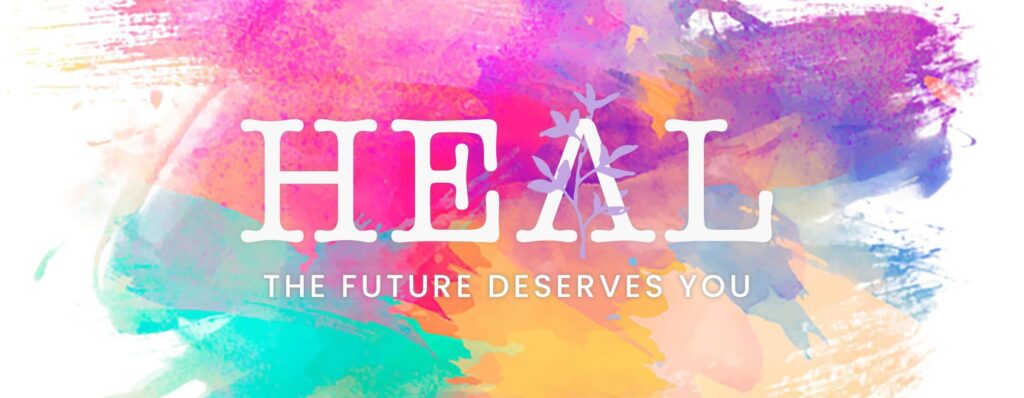A report developed by the european project HEAL shows the main needs of women victims of trafficking for sexual exploitation

A report developed by the european project HEAL shows the main needs of women victims of trafficking for sexual exploitation
The HEAL project has developed a report to collect the perceived needs of third-country national women victims of trafficking for sexual exploitation, as well as local support service providers and potential employers in the face of the challenge of finding employment. Besides, the study provides information on the rights and services available in the various countries participating in the research: Italy, Greece, Romania and Spain.
Based on the research carried out within the framework of this European initiative, in which Surt participates, the lack of data on this phenomenon, which mainly affects women and girls, has been detected. “While some countries have an official data register, it is difficult to access and often the data recorded do not provide a realistic view of the magnitude and specificity of this crime against human rights,” said Laura Parés, a researcher from Surt in the HEAL project.
Language barriers, lack of familiarity with available services that could help them in employment and lack of material and financial resources to cover basic needs, are the main difficulties detected. “The high level of unemployment and the precariousness of the job offers that women receive, often perpetuates their dependence on social services,” the report states.
The women interviewed in all participating countries point to the lack of financial and material support and the lack of stable and well-paid jobs as the two main difficulties in their recovery and autonomy processes. Specifically, in Greece and Italy, the women interviewed expressed the demand to receive more support and guidance in their job search and in access to specific services that can attend them. They also point out the importance of receiving training, which facilitates access to and insertion into the labour market.
In Greece and Spain, the importance of learn the language is also highlighted, as key to facilitate access to work, as well as to existing public services. In Spain, in particular, access to housing opportunities was a common demand among the women interviewed, as well as having support with the child-care.
On the other hand, the professionals interviewed emphasize the importance of offering long-term support, with a holistic and multidisciplinary approach, “essential to know the demands of women, beyond urgency, and to guarantee access to their rights”, explains Parés. Also offering free legal support appears to be important in the accompaniment. “Another outstanding aspect is the importance, for the professionals, of being trained and having a team with professionals experts in the consequences of the trauma in the processes of recovery and autonomy, in addition to respecting the times and the decisions of women and always support them with an empowerment approach”, explains Parés, based on the results of the needs assesment.
The employers and companies involved in the project have provided an insight into which are the professional sectors with the highest job demands and which are the most in-
demand skills. While there are differences between participating countries, providing support to women in their job placement processes, as well as training and qualification to improve their employability, were two of the aspects most mentioned by companies.
“We must bear in mind that the Covid-19 has generated a great impact on the labour market, greatly worsening the working conditions detected, which were already precarious. It is the reason why we keep the contact with companies to detect new opportunities or alternatives from sectors with less impact due to the crisis and understand which are the new most demanded skills and how women can improve their professional profile”, explains Parés.
A path to autonomy
The European HEAL project aims to facilitate the integration of third-country national women victims of trafficking for sexual exploitation, through the implementation of a comprehensive process of recovery based on competence-building, psychological support to women and enhanced cooperation between key actors (victims of trafficking, potential employers and support services providers).
Based on the information and results obtained in the first stages of the project, HEAL proposes to design a Recovery and Integration Programme aimed at fostering the psychological recovery and employment-related skills of third-country national women victims of sex trafficking.
HEAL’s activities include psychological support and the identification, development and transfer of skills for the labour market, as well as the creation of a coordination network between employers and service providers aimed to improve support strategies to facilitate the integration of TCN women VoT into the formal labour market.
Also within the framework of the project, a European meeting was held to improve networking and to exchange experiences about the different national contexts, about opportunities and challenges in the labour market and the social service sector, as well as find new and relevant ways of international cooperation.
To collect and disseminate the main results of the event, a European Anthology of Best Practices and Recommendations will be published soon, on the Project website.
The HEAL project will be implemented, during 2020-2021, through the entities CESIE, Libera, KMOP, PATRIR and Surt.
More information: www.healproject.eu FB: @HEALprojectEU


